
There is no doubt that Stan Bush’s classic rock ballad would have made a killer soundtrack for “The Nevers”. But hmm, we wonder. Victorian times. Man’s gotta buy tickets to the opera for that. Surely that would have been a wild “Touch” in a steampunk era.
Created by Joss Whedon, HBO’s new series, “The Nevers”, explores a bustling London which experiences a surge in powered individuals dubbed the “Touched”. Curiously, this phenomenon appears to manifest primarily in women as more and more whimsical abilities rise to the forefront. Precognition! Multilingualism! Crystallization! (rolls off the tongue, eh) Simply put, it’s just like the X-Men but set in the 19th century!
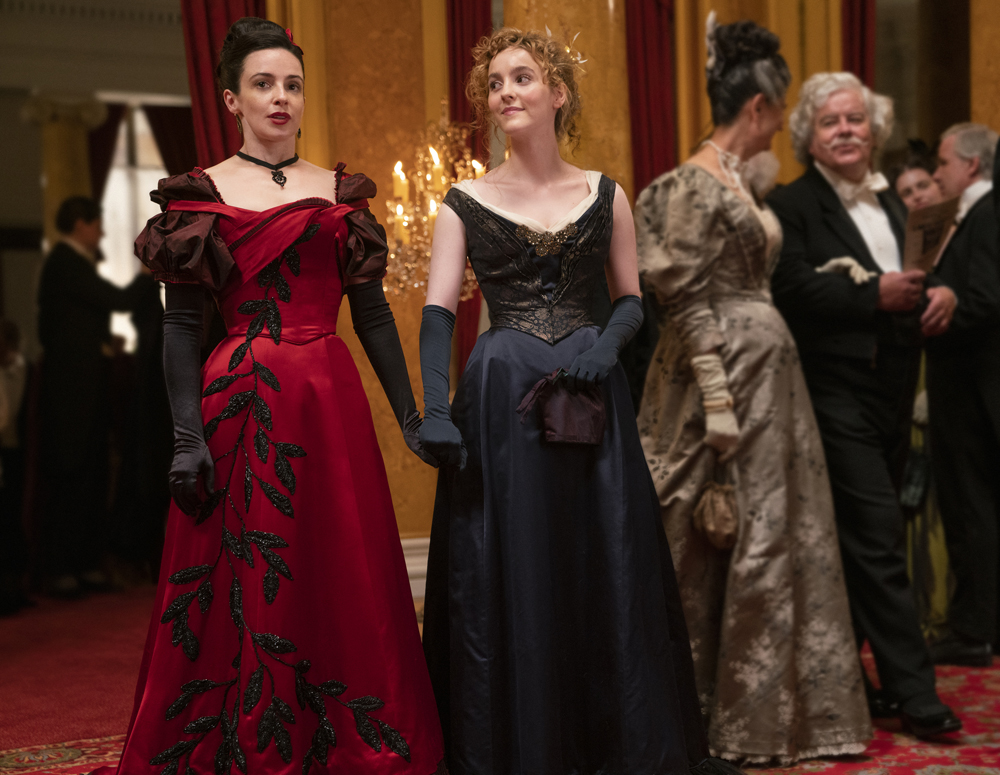
The Nevers” lends its scope to Amalia True (Laura Donnelly), a classy and mysterious widow who forms a safe haven for The Touched, and Penance Adair (Ann Skelly), a brilliant inventor with a knack for steampunk. Without a doubt, they are the faces of this new class, as they battle physical threats from vicious foes along with the seemingly uphill struggle that a repressed society would face. As the demonisation of their existence continues to surmount, can Amalia, Penance, and the ever-increasing gifts maintain their stance in London?
The ensemble cast also features a myriad of talents including the likes of Olivia Williams as Lavinia Bidlow, James Norton as Hugo Swan, Tom Riley as Augustus Bidlow, Rochelle Neil as Annie Carbey, Eleanor Tomlinson as Mary Brighton, Amy Manson as Maladie, Denis O’Hare as Dr Edmund Hague, Zackary Momoh as Dr Horatio Cousens, Anna Devlin as Primrose Chattaway, Viola Prettejohn as Myrtle Haplisch, Kiran Sawar as Harriet Kaur, along with Nick Frost as Declan Orrun.
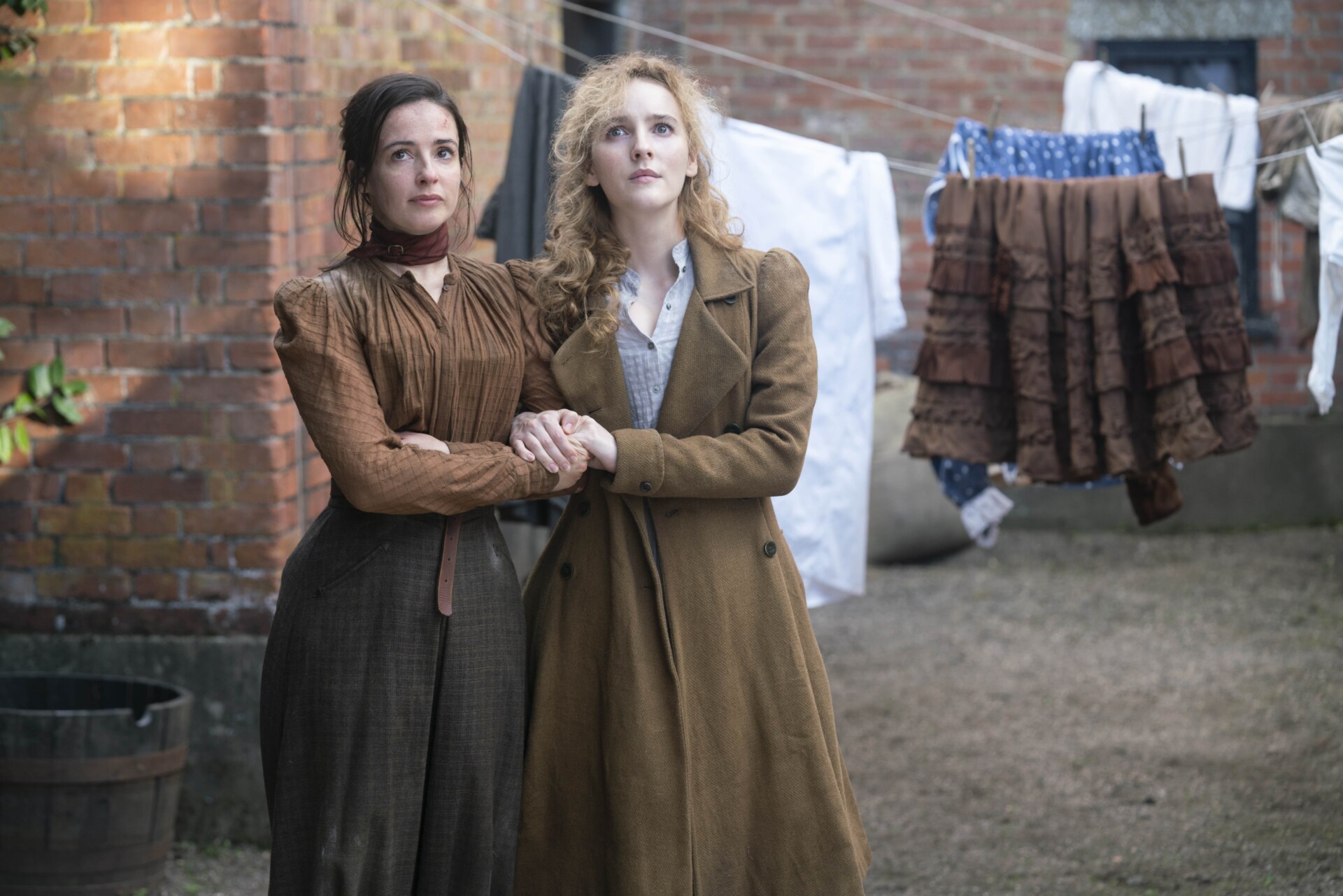
Just like Marvel Comic’s “X-Men”, “The Nevers” is a commentary on the divide between the ruling position and an underclass that has just been granted a significant amount of power. Should these powered beings be stopped just because they threaten an order that has been entrenched in society for aeons? How does one go about that?
We had the fine opportunity to talk to several members of “The Nevers” cast recently as they opened up on their interesting experiences while filming the show, their favourite superhero personas and powers, and of course, the very relevant themes that resonate throughout the show.
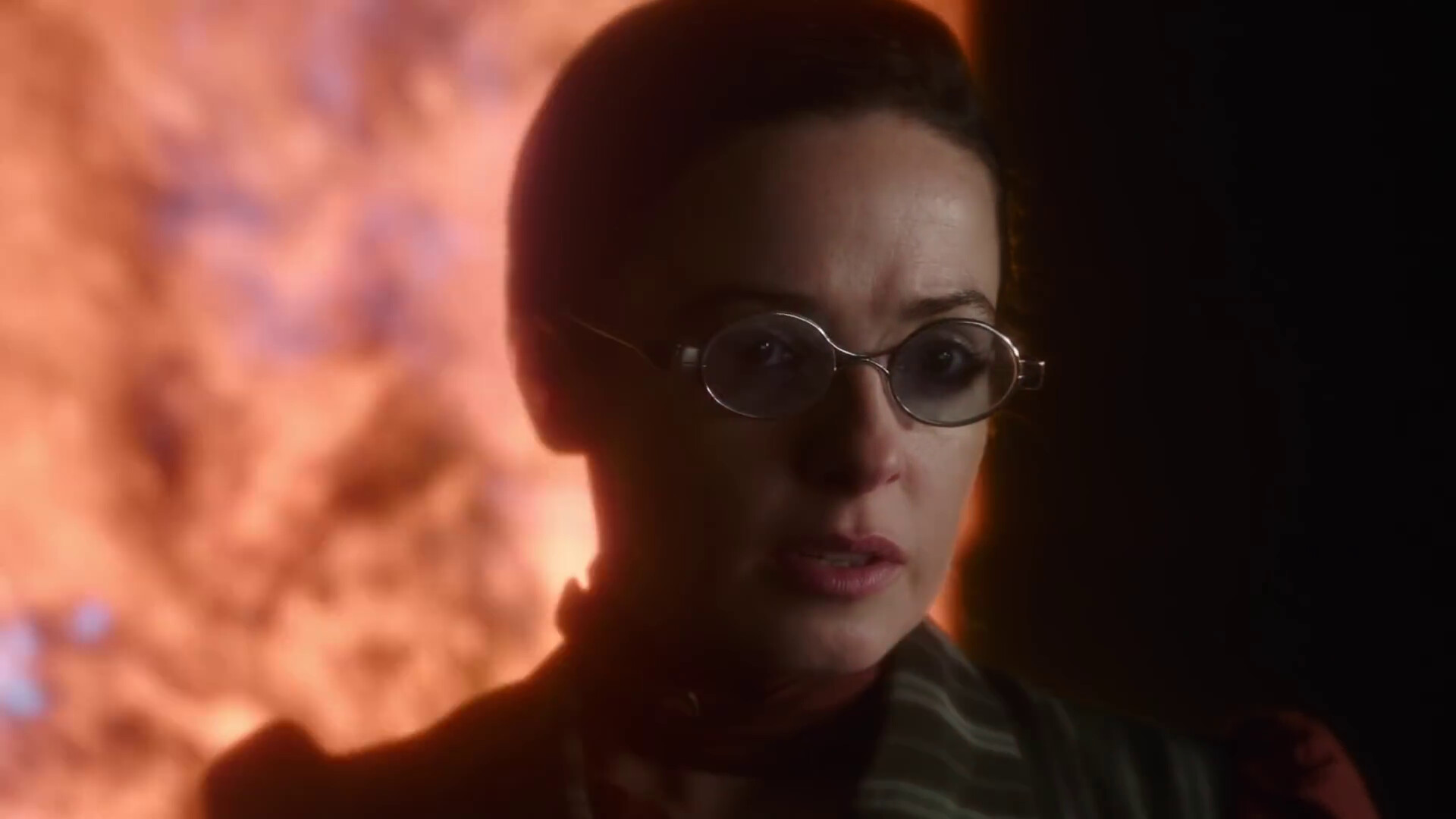
1. When we strip away the fantasy, this series presents the idea of how we react to people who are different. So, even though this is a period piece, it is very valid and relevant to modern times. What are your thoughts on this?
Laura: You know, one of the quotes from this series that stands out to me is one from Franklin Leonard. “When you’re accustomed to a privilege, equality feels like oppression.” That is what the people who have the power in our series feel and I believe that is what many who are similarly high-standing in reality still feel when we are presented with difficult issues.
Ann: One thing I noticed is how much of a hangover we’re living in, with regards to the old establishments, institutions, and systems that are in need of a refurbishment. The old establishments benefit a selected few and when you say, look at “The Nevers”, you can see how little has changed. One thing that I find inspiring about our show is that hope can move you forward. You don’t need to have all the testosterone. Sometimes a gentle touch is needed, not to sound cheesy.
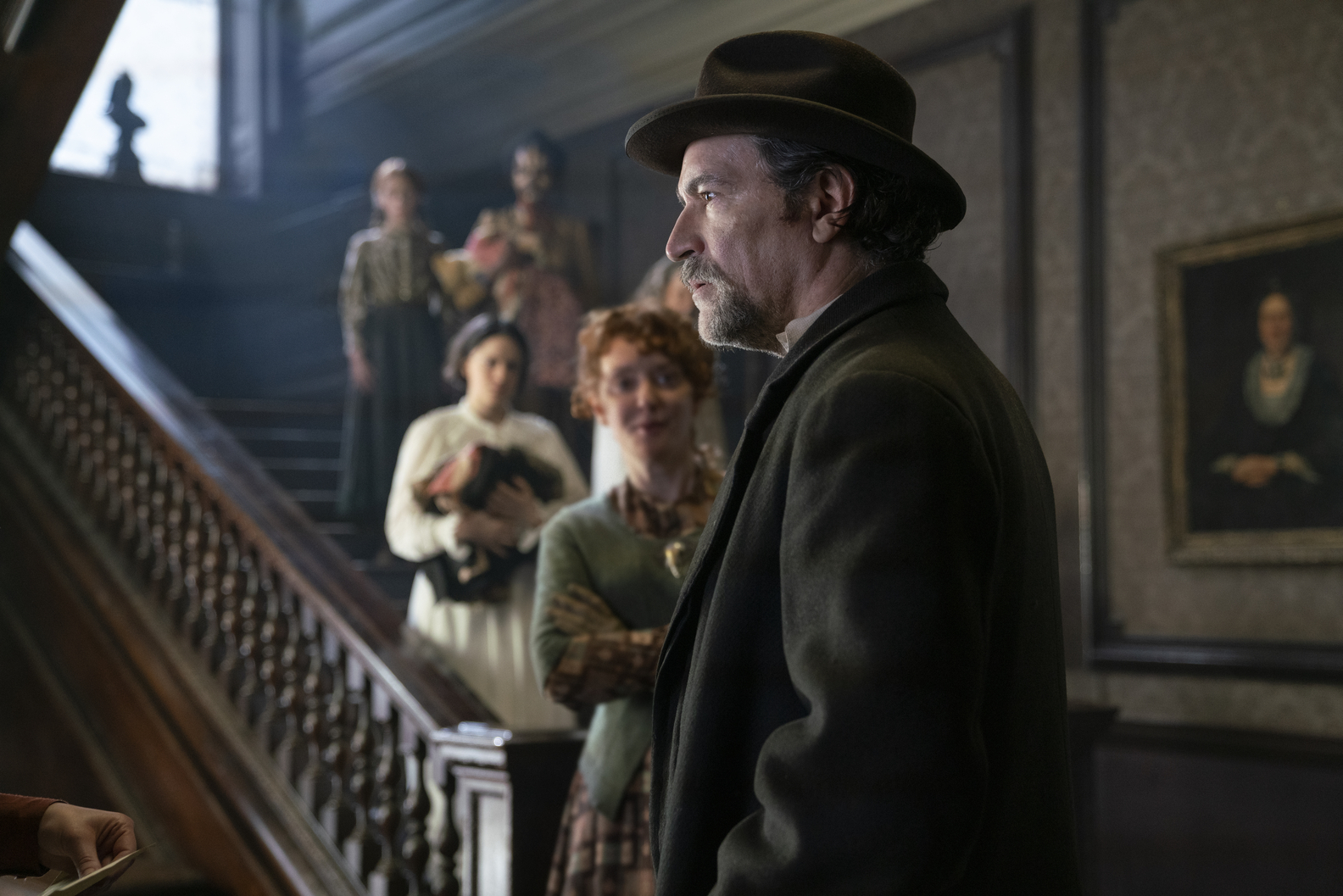
Vinnie: Yeah, I think so. This show, in some ways, is a mirror of today. The structures that were put in place during the Victorian era still upholds certain things that are still in place for us now in the UK, like the schooling system and the fact we divide our society by class and all of those things. I don’t think it’s ever a bad thing to have a look at that, even if it’s more subtle in the show. I think it’s a good and helpful thing and I’m hopeful that a lot of people will agree that the show highlights things that are still being worked on. To go from 1899 until now, we gotta start doing better because that’s too slow for progress.
Rochelle: I think like all sorts of art and artists, you hope that you’re being of service in some way and pushing the social conversation forward. That’s one thing I really love about this show because it does that and doesn’t apologise for it. We’re not all standing on sort of a box littering about humanity. It’s a show and a world that’s very timely, yet, also very unexpecting and unique. So yeah, that’s one thing I really love about this show, in that most of the time reading scripts and going, “Oh, that goes like this and that goes like that,” it’s quite easy to get reference points considering it’s set hundred years ago with sci-fi.
Denis: It’s always dangerous to take metaphors too specifically, but I think there are an appetite and a ground that’s willing and necessary right now to listen to such as tales about people who are ‘other’, who are not considered in the centre of society. We have this very stratified world of men like the English Club, these wealthy men like Hugo, Augie, Massen, and this table of men sitting around making decisions. Against that, we have this female energy, this group of people who are considered ‘other’ and are just trying to live their lives and to also have their own version of power, mostly for the good it seems to me. I think that’s a great metaphor for today.
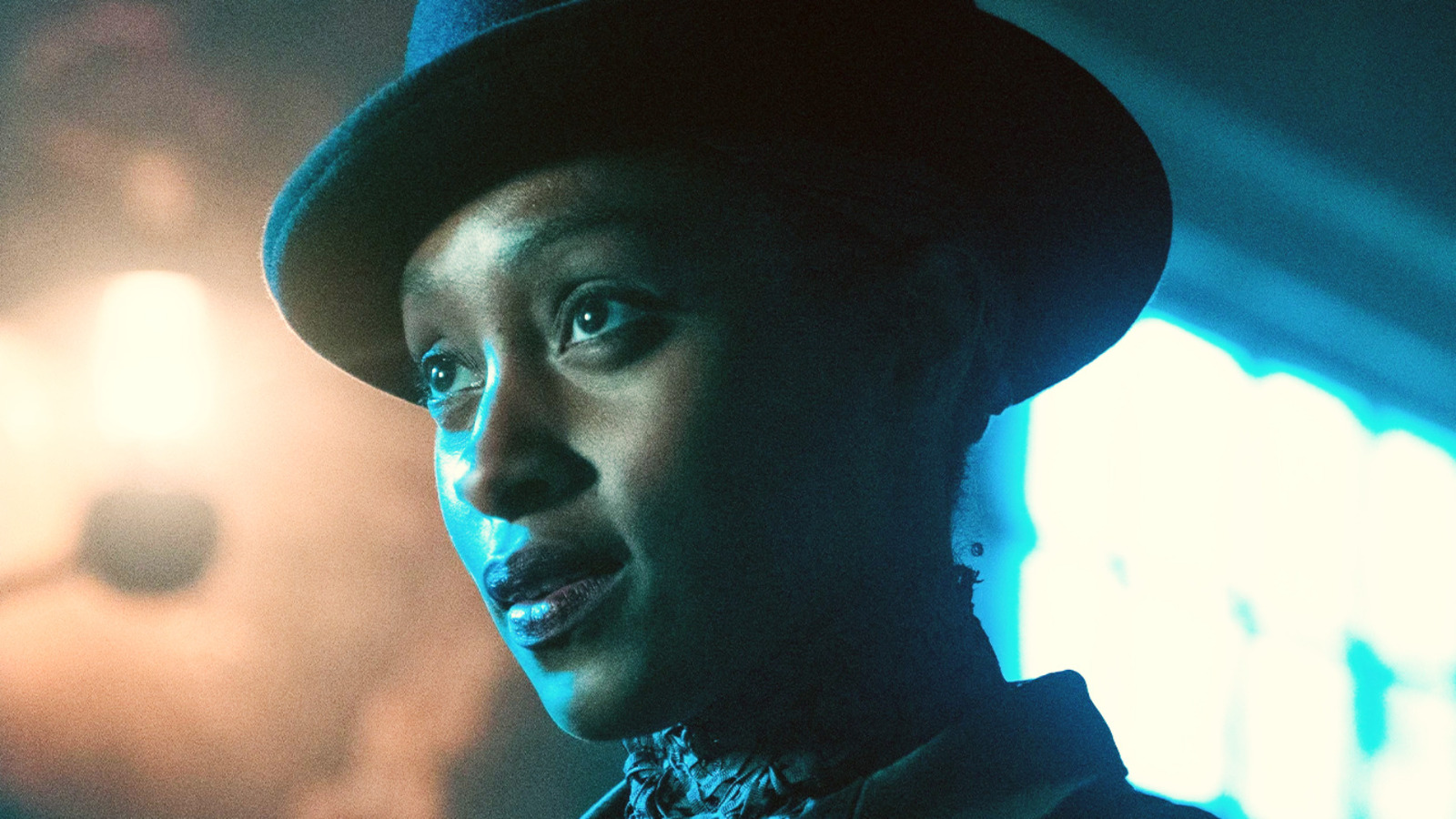
James: Just to add to that, it’s a dangerous time isn’t it — because we’ve all experienced in our respective countries that sort of slide to that populace. A lot of people have contributed to that by just clinging on over the old guard, the sort of established order, and the white patriarchy. We’ve seen it in America, the UK, and everywhere and I think this show is a really delicate and sophisticated way of exploring that and recognising how much we need to challenge that status quo in this establishment.
Otherwise, we’re all screwed. I think it’s more pertinent than ever. Every year, since this show is conceived, I think it becomes more relevant. In a really sophisticated way, it has a wonderful message and asks all the right questions.
2. Of course, “The Nevers” focuses on The Touched, who consist primarily of females. So, a huge portion of the show places its scope on women in society. How does it feel to be part of the movement of having more women in shows like these?
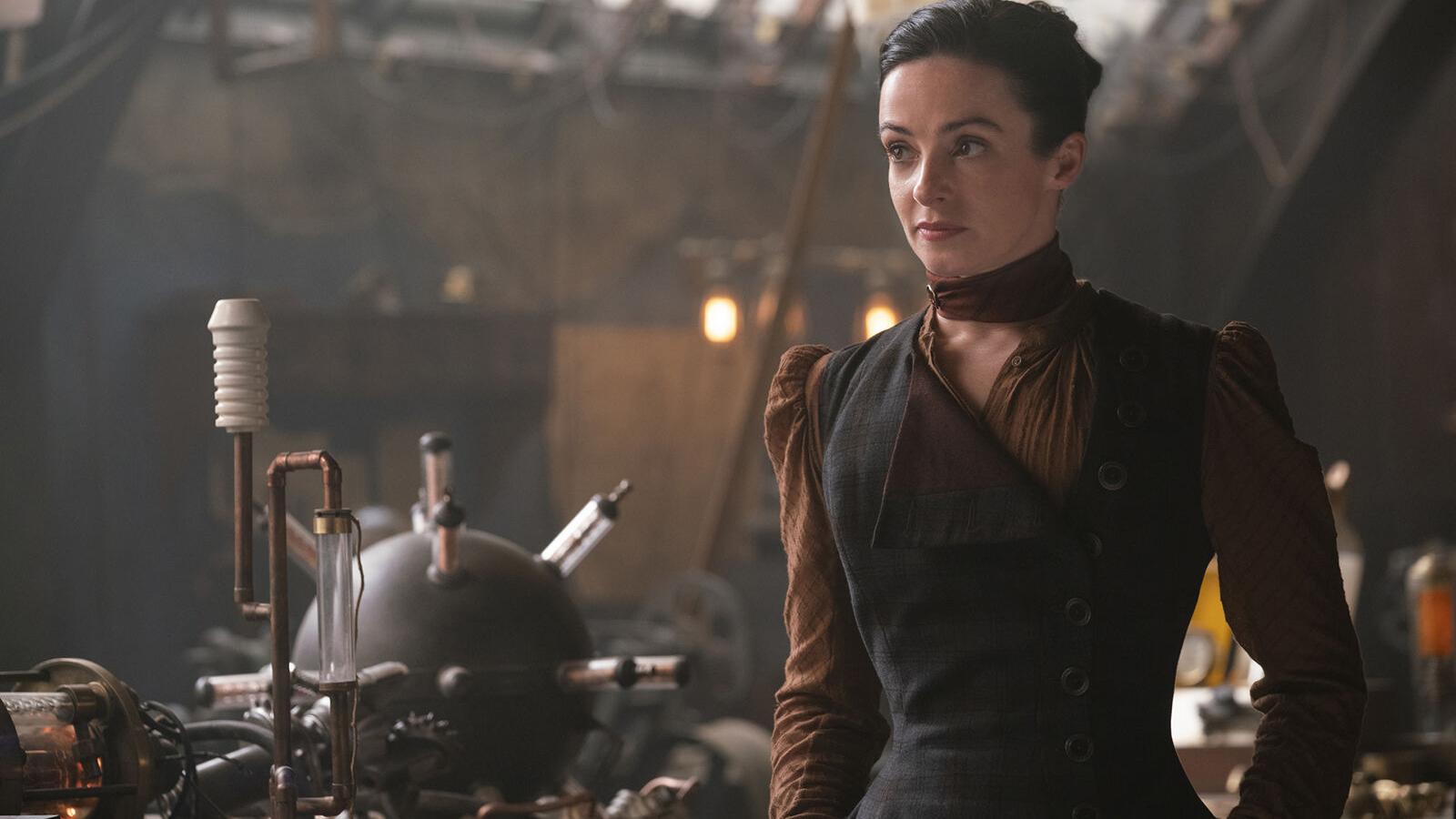
Laura: It makes me incredibly proud and also incredibly excited to be part of that. I want to be involved in art that helps even up society. At the same time, as an actress, I want to play roles that are complex, interesting, and as good as the other male characters that are written in other shows. It feels like a really unusual role to get to play as a woman and all of that really falls into the kind of work that I’ve always wanted to do. I’m really excited to see where it goes in the future as well. We have a female showrunner, female producers, female writers, and it’s just going to be fascinating to see where it goes from here.
Ann: I love the female characters of the show for the reasons that Laura said. When I was a child, I watched “Back to The Future” and “Scarface”, even though I shouldn’t have [chuckles]. But… But I always wanted to play Doc Brown in “Back to The Future”. I wanted to play Tony Montana in “Scarface”. I wanted to do all these flawed and crazy characters. So, yeah, I love Penance’s slight Doc Brown vibe in the show as she a little eccentric. I do think that every character has their own incredible arc and that’s going to be fascinating to watch.
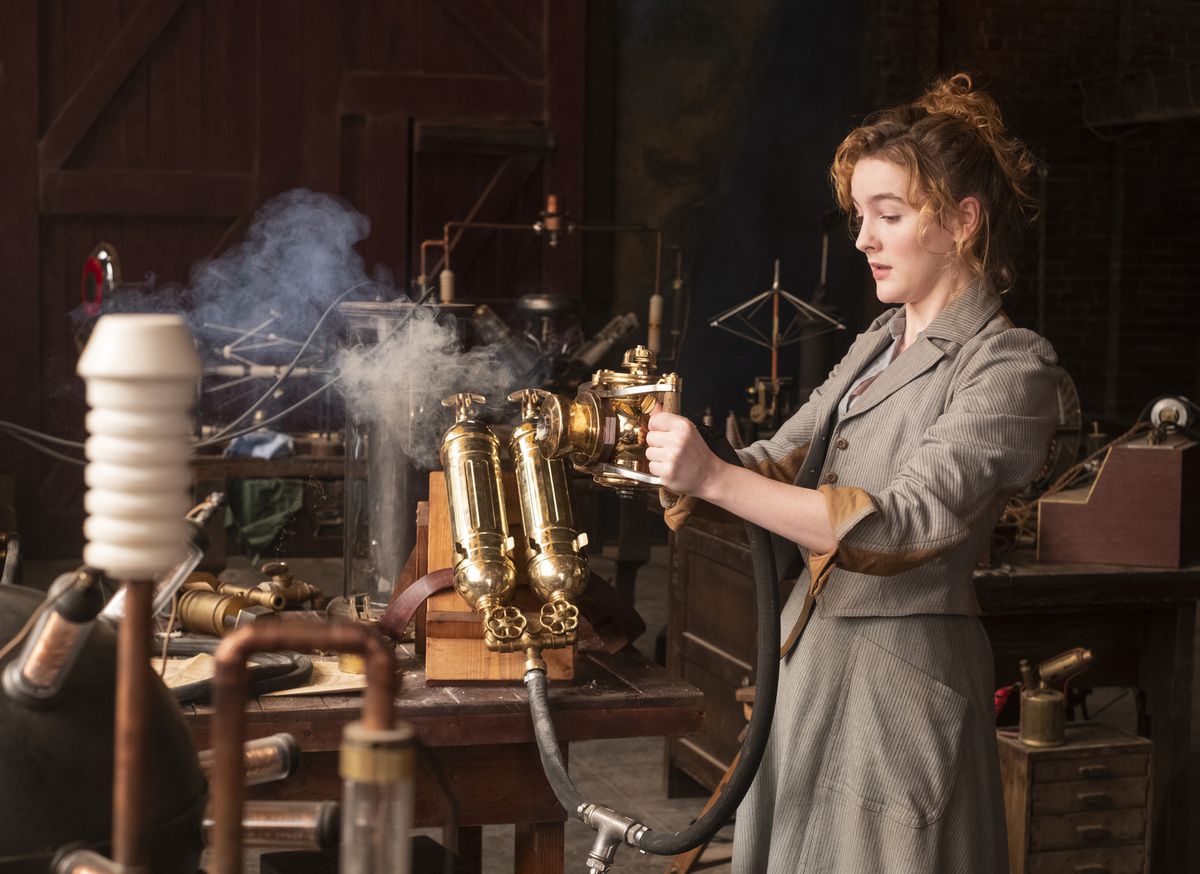
3. Ann, riding off your affinity toward “Back to The Future”, your character in the show is a geek. If Penance could travel to the modern era, what invention do you think she would be most enthused by? What is one thing you believe she would recreate back in her Victorian reality?
Ann: I would love to say that she’d be all over wi-fi, TV and radio; that sort of intangible world. In reality, the one thing I think Penance would probably take back with her is probably a toast-… oh no… A KETTLE! You know, Irish women. Tea. [snickers] So, I’d like to think that it’s be something above my paygrade but it’ll also be a practical device like a kettle or toaster. Tea and toast. That is the way.
4. Which female superhero do you like the most, or maybe, what sort of superhero powers would you like to have?
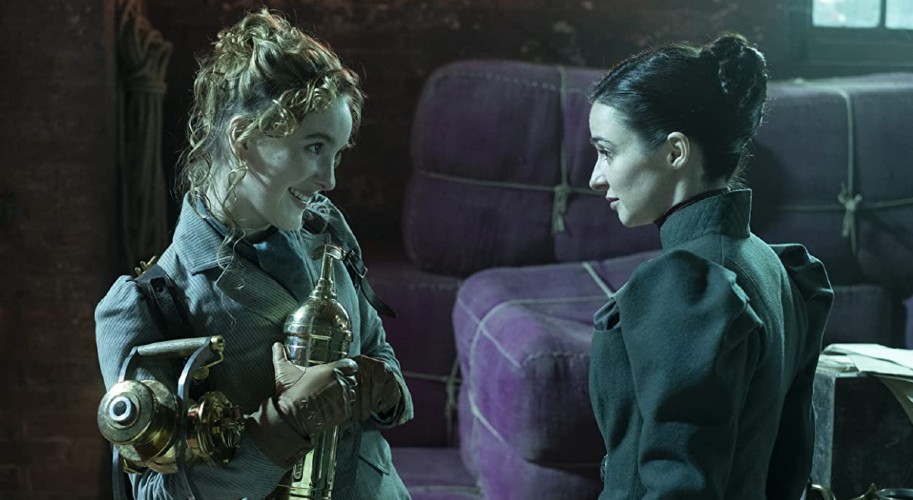
Zackary: The one that comes to mind is Photon (Monica Rambeau).
Anna: I love to be able to teleport anywhere in the world. I can travel the world without having to take an aeroplane because I hate them.
Dennis: I’m going to go with Catwoman. Sorry, I mean, I’m old school, just because of Julie Newmar and it’s my era. It was just so wonderful.
Kiran: I just like to be able to eat limitless pizza, basically, and have no consequences to my cholesterol or blood pressure.
Viola: I think I would want multilingualism, but in a more controlled form than what Myrtle has. I think the power of communication is probably the most important power you could have, being able to connect with anyone you meet and in any place in the world I think would be incredible and you’ll probably learn an awful lot more. So yeah, I think multilingualism; being able to choose what language you speak, understand everything, and speak English. That would be nice.
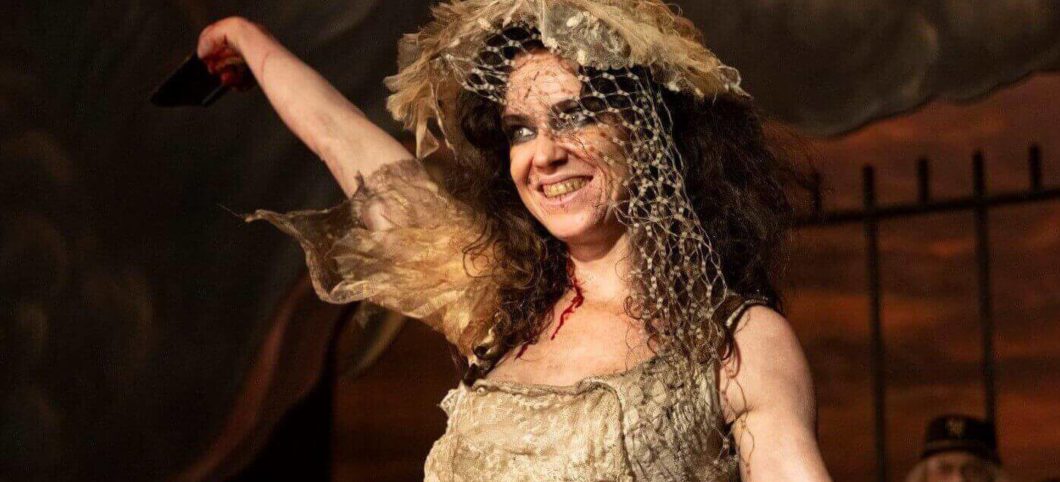
5. Zackary, during the course of the series, your character shares an intense scene with a terrifying character, Maladie, played by Amy Manson. How was it like working with her?
Zackary: I tell you what, she’s an amazing scene partner because she gives a lot. In this scene that you were talking about, there was so much that she gave me because I wasn’t too sure about certain things in that scene. But the moment I looked at Amy whilst we’re in character, I was able to see so much because she gives so much in her character that all you can do is react.
Forget about your lines, forget about what’s happening around you, this and that, all you can do is react. Those are the best actors to play with because they elevate your experience, your performance as well as we both give and take. So, she’s an extremely generous actress.
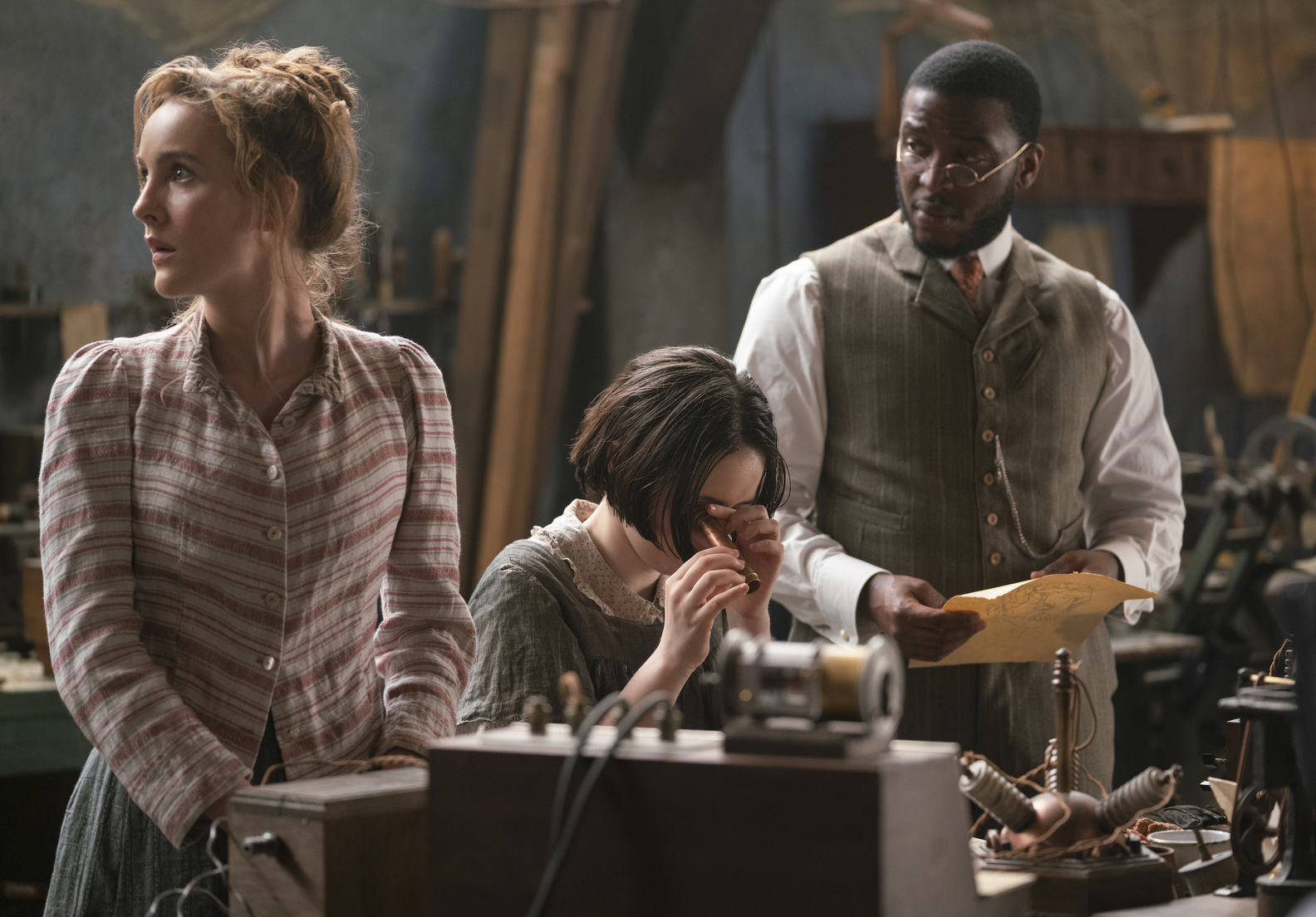
6. Zackary and Denis, you both play doctors on this show which depicts doctors as both wizards and mad scientists. In your opinion, do you see this hitting close to reality since the profession is at the forefront during this pandemic?
Zackary: I suppose so. There’s gotta be a real level of intrigue into the human body and the human mind. That leads to the mad scientist side, which is a level of curiosity and discovery. For the wizardry, I think it’s the technicalities of a surgeon with what they do, or even just now in this pandemic; The nurses, the level of efficacy, and the level of just actual know-how.
To me, at this point, they’re the highest of all professionals. For them to go through what we’ve been through in this pandemic, to have that ambition and heart to heal and do for all when so much is happening and they can just say, “No, this is too much. I’m just gonna stay home and protect my family.” If you wanna call that wizardry, that’s magic in itself. So, those two sides for me, yeah.
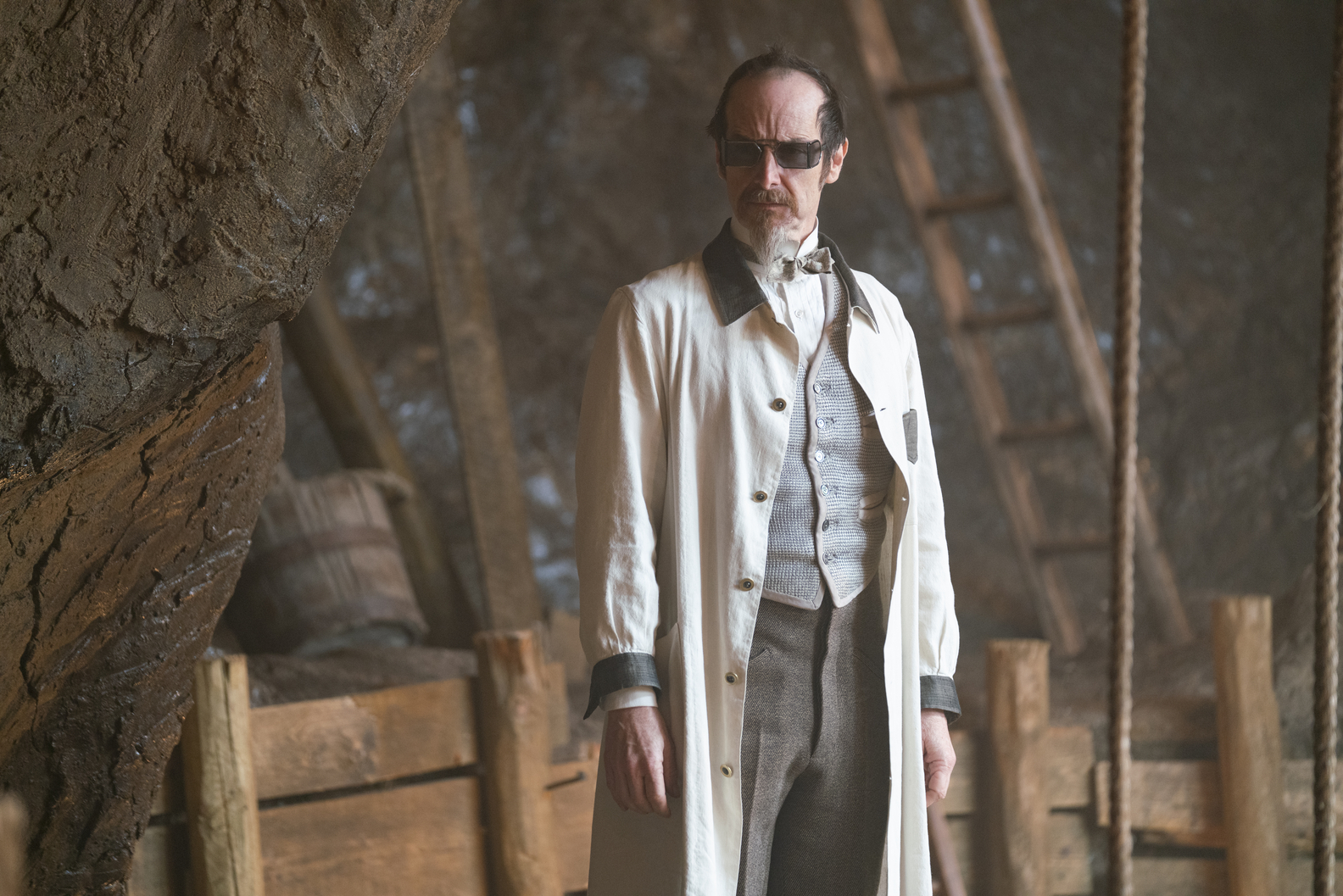
Denis: I agree too. This is a fictional world, so it’s interesting to watch, on the one hand, Horatio who is using his power for good; he’s healing. On the other hand, Dr Edmund Hague is doing something else; he’s not healing. But, he is in the long tradition of people who are trying to advance human knowledge.
If you think back to the grave robbers of the 19th century who were picking up cadavers to dissect them. You think about the operating rooms where they weren’t operating, they were dissecting, they were taking dead bodies to find out what makes them tick in order to advance knowledge. It’s always been that weird part of the scientist as well as the doctor. the person who wants to know something to apply it.
We all had experience with doctors who don’t have good interactions and good sociability. They may be brilliant at diagnosing you, but they have no ability to speak to you as a human being and they’re uncomfortable. So, I love that we’re exploring that sort of dichotomy.
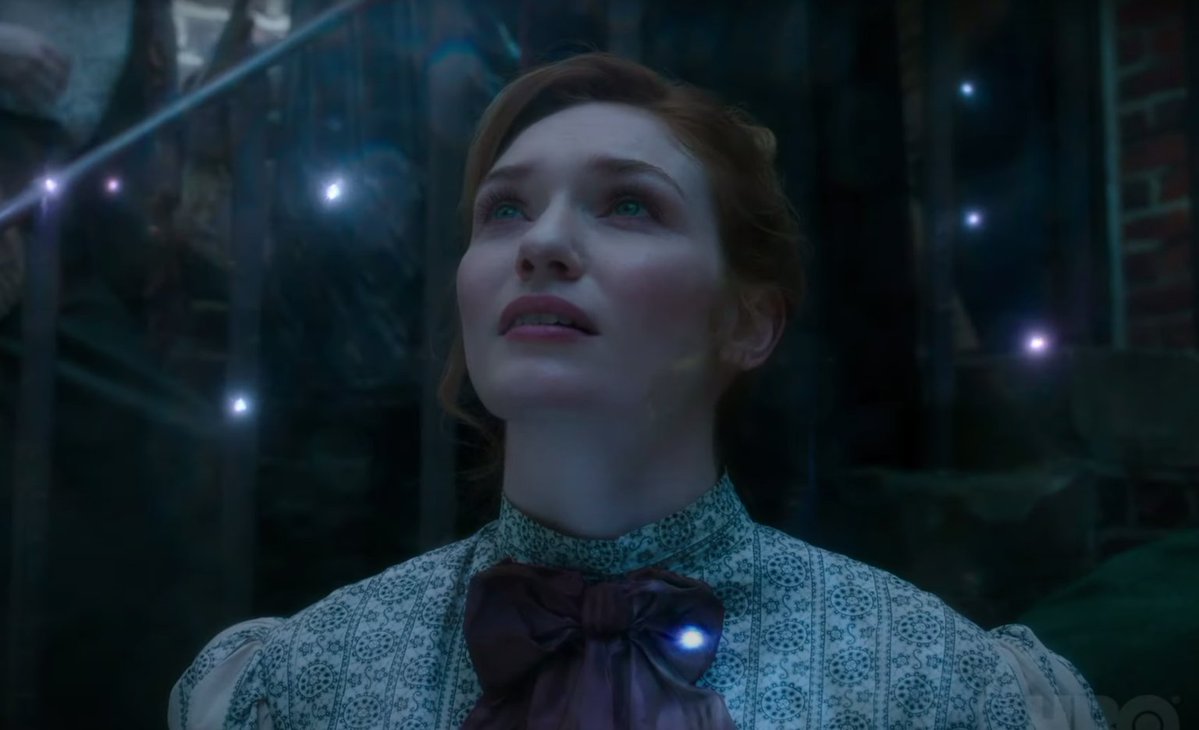
7. The show is an extraordinary display of amazing and empowered women. Yet, the greater the power these individuals possessed, the higher the price they had to pay. How did you approach that and move your characters within that dynamic?
Ann: There’s a price in being excluded from the establishment which is a majority of society. My character loves her power. She is able to find a way around the established order. No one is going to hand her a job at the factory. No one is going to make her the CEO. She’s the CEO and creator of her own world. There’s something very empowering in that. In terms of the price paid, we will see that as the episodes go on. We deal with her internal struggle and morality.
Laura: I think that the idea that there’s a great sacrifice to be paid in the beginning is very true to any kind of cultural movement towards equality or a more just society. The earlier you are in that movement, where you are at the forefront, there usually is the greater price. Women died for my right to vote. It’s crazy to think about that. I think Amalia finds pain and suffering to be where she feels at home. The beauty of her relationship with Penance and what she develops within the Touched community is that does not necessarily have to be that way. I think Penance is able to bring her out of that mindset a little and be able to encourage her. Yes, you can stand up and fight against elements that are wrong but you can also hold love and empathy for yourself and everyone else.
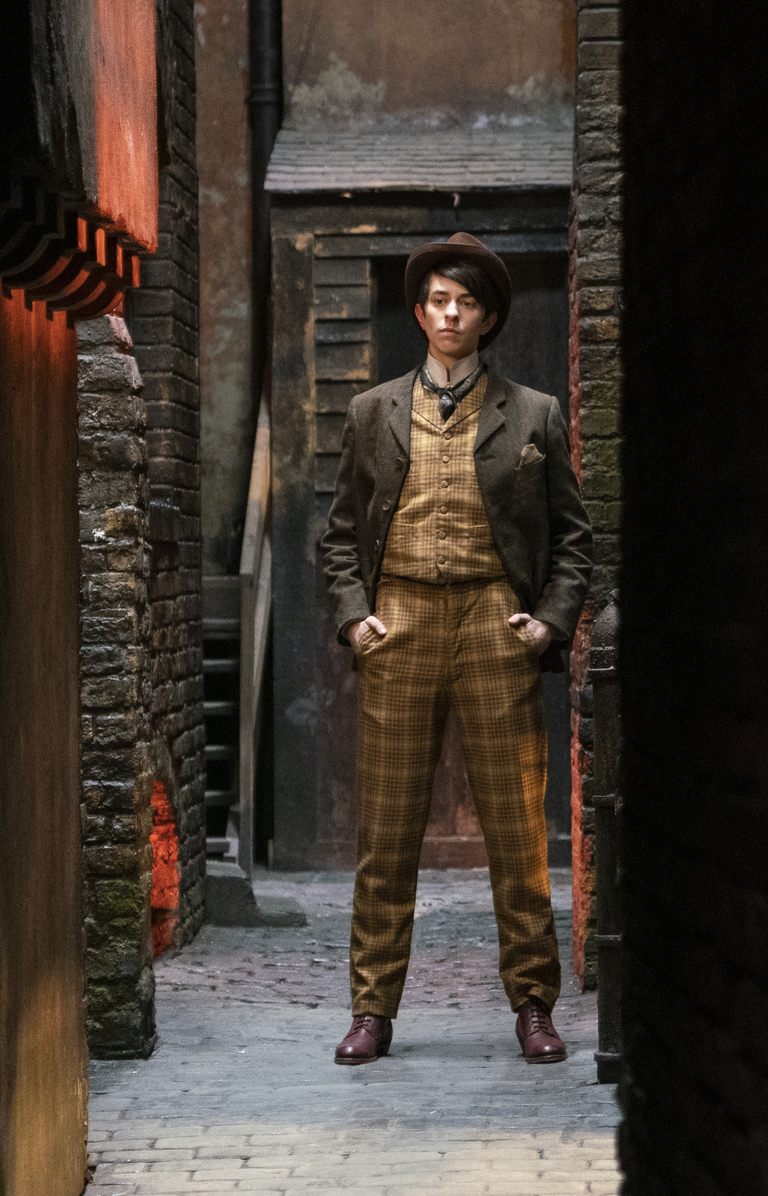
8. Vinnie, you’re brand new! Fresh! And you’re on a massive huge set. What was your experience with that and what do you think you learned that you could apply to your future as a great performer?
Vinnie: Wow, thank you for predicting my future. [chuckles] Let’s hope so. I’ve learned so much from Rochelle. She’s incredibly generous. We’re just having constant moments where I was like, “Is this okay?”, “Where should I be?” Rochelle is very experienced and very good at imparting things very quickly, so you would have those two seconds before the shots roll again. We had this friendship that started off of the back of my crash course and it was a phenomenal experience to be on a TV show based level with the sets and the people. I felt like I was in a sweet shop and I filled up my bag. I got immeasurable amounts of stuff that I’ve learned from it already.
9. Your character is a multilinguist, Viola. How did you manage to squeeze so many languages, like- fifteen, into one sentence? That’s mind-blowing!
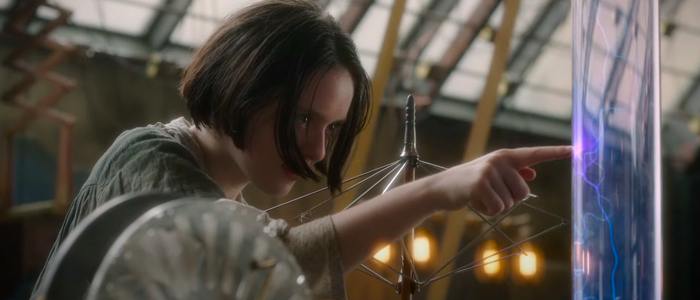
Viola: You noticed!? That’s amazing, thank you! It was a really long process and it took us a while to figure out how we were going to approach it because when I auditioned, they just wrote a series of noises on the page. You have to interpret it the way you thought she would speak. But the way we did it, we got all the scripts in English, and then together with my dialect coach, we translated all my lines into probably around 50-60 languages by the end.
We sort of messed around with the sentences, using different languages from different words, trying to figure out what words felt the most natural speaking in (because of the way when you’re speaking it, it feels different), what came out the easiest for me, what noises I liked, and what languages I felt the most comfortable in.
I understood a little bit of Chinese because I studied it at school, so we incorporated some of that, but the rest of it, I haven’t really encountered before. So, it was actually really educational. I learned a lot and it was incredibly fun, but daunting, for sure.
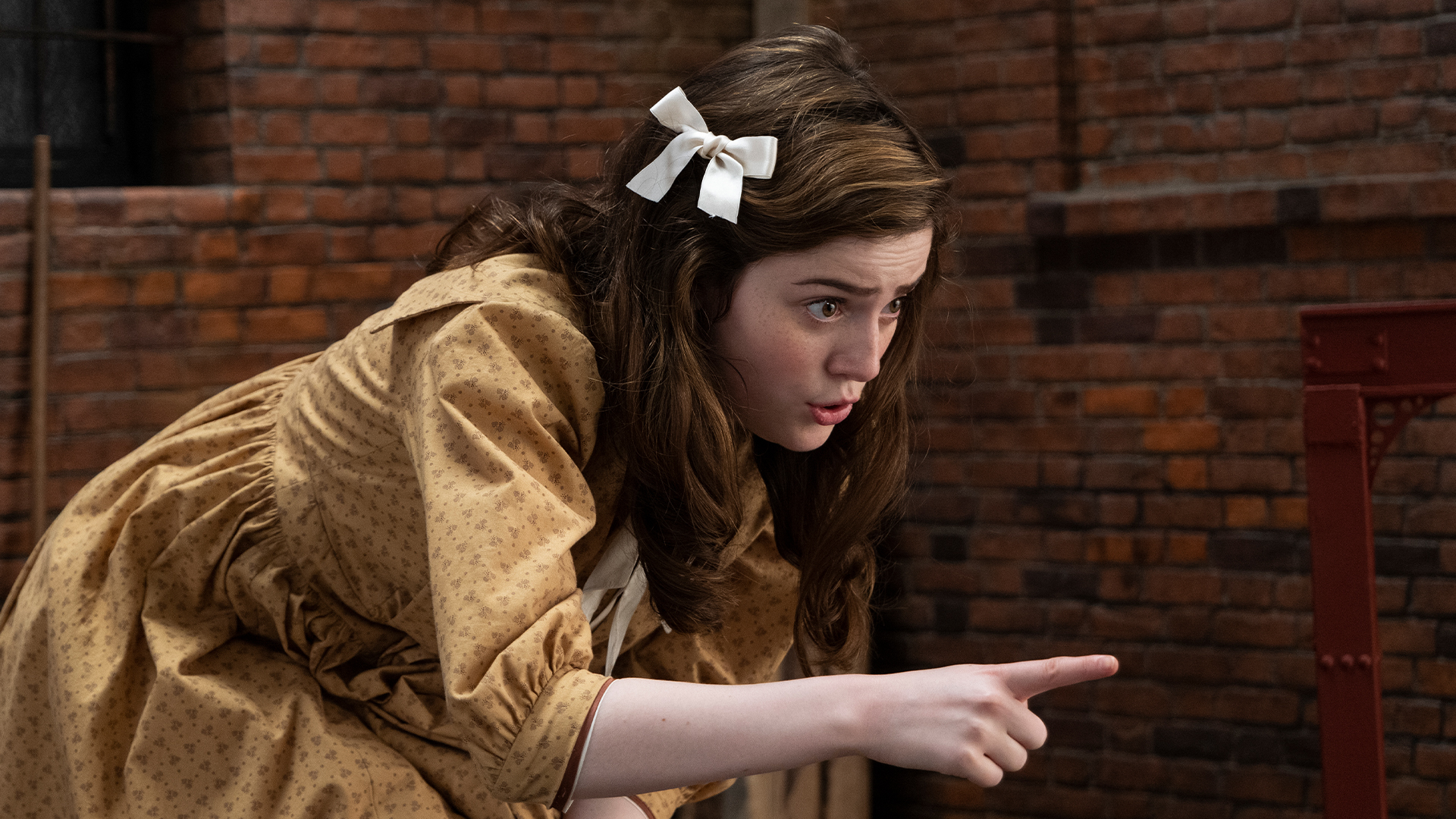
10. Anna, you play this character who is relatively large. How much of it was green-screen or was it more of like a practical play in perspectives. What was the experience like for you?
Anna: It was a bit of both actually. Sometimes I would be on set, but then slightly to the side on a green screen so I could see everything and everyone. In other instances, they would have me on a platform, and then the camera had a nice angle from below and they played with it both ways actually and sometimes they make little tiny sets so that when I sat on them I look huge.
11. Even though much of the show is fantastical, is there a certain amount of historical accuracy to it?
James: Obviously it was a savvy choice to root it in the turn of the century when the British Empire was at its strongest and of course, there was the Industrial Revolution. There was a lot to lose to the people in power at that point. It makes sense that there’s a catalyst, this kind of curveball thrown into the mix. Hugo and Augie don’t want that curveball because they have to cling their clutch. There’s a lot of it that feels exactly right and the right time to explore those themes. Of course, is full of acronyms as well.
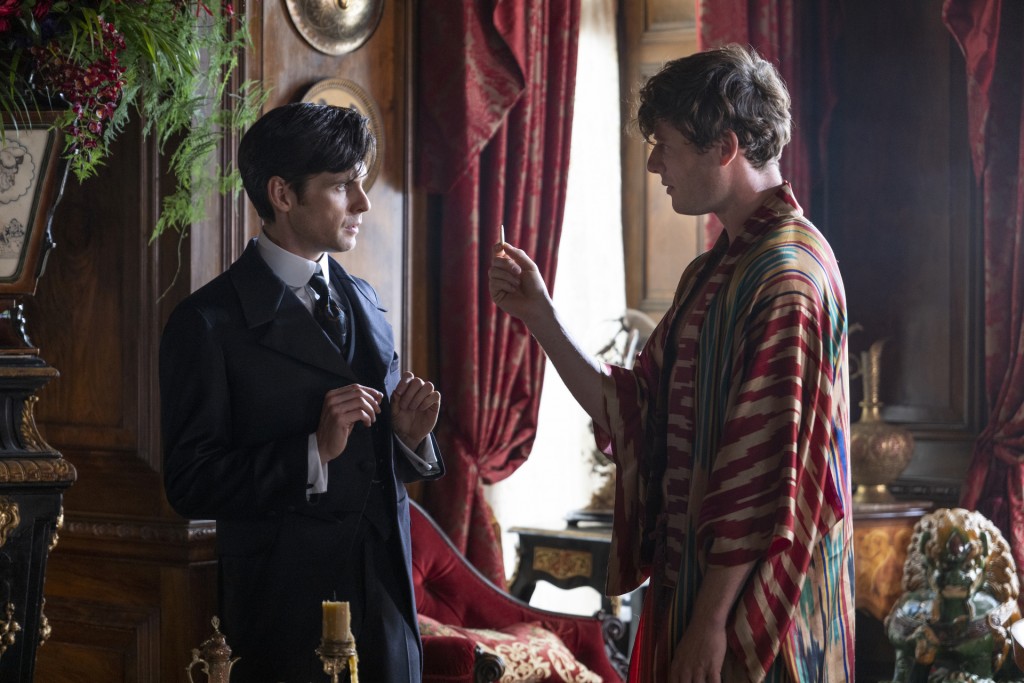
Tom: Yeah, they’re obviously inaccuracies as well as things that everyone endeavours trying to make as true to the times it could possibly be. But because this is being presented as a sort of alternative history, maybe a history we forgotten, maybe some of it never happened at all, there’s obviously a lot of leeways when things aren’t as accurate as Victorian experts might hope.
12. Were any of you more enthused with the Victorian-period-piece aspect of it all or was it the sci-fi that hooked you onboard?
Viola: I think I was fully on board with both aspects of the show because both aspects are pretty much intertwined and you can even see that in the props and the weapons that we use. Their parasols, but they’re charged with electricity, so everything is fully integrated with each other, which I think creates this unique world that we created. I was very interested in Victorian history, getting to wear a corset, and the set decorations are incredible. I loved all of that, the posters, the shopfronts. I think it’s all very much intertwined.
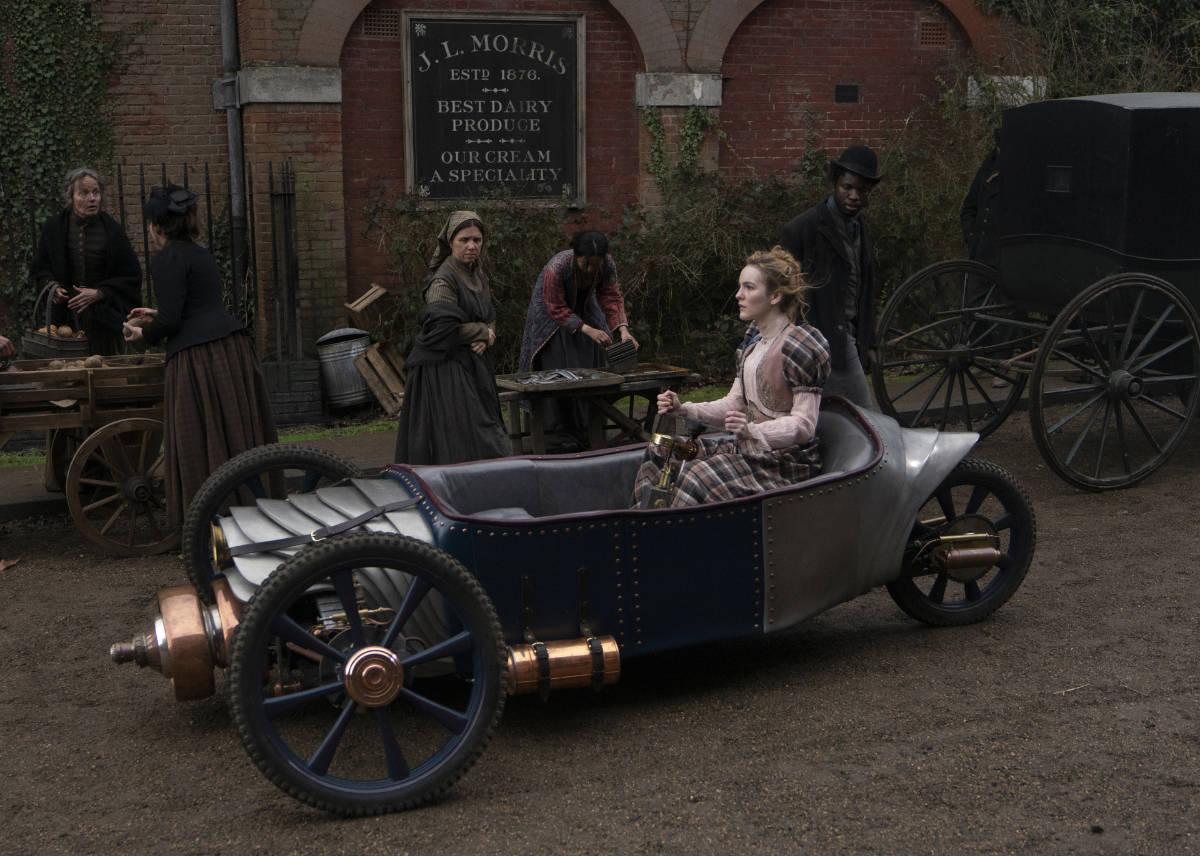
Anna: Personally, I love sci-fi, I watch sci-fi all the time. But, I love the Victorian aesthetic, so I felt like they go together very well and it’s so cool just seeing Amalia doing all these awesome fight scenes in a corset, in a massive Victorian dress. It’s amazing.
Kiran: Yeah, I loved the Victorian side of it all. It wasn’t something that I explored a lot before like somewhere in the late 1800s. I found an amazing poster of Victorian people putting up propaganda in the streets about being fearful of electricity, saying that electricity is damning of us and is going to cost them. That draws such parallels with the world we’re living in now with vaccinations and people being afraid and fearful of stuff. Things that turned out to be for the better and it just feels like such a nice parallel to draw between generational differences. where humans, we’ll all be alright in the end. I found that Victorian history is so fascinating in that pre-war era.
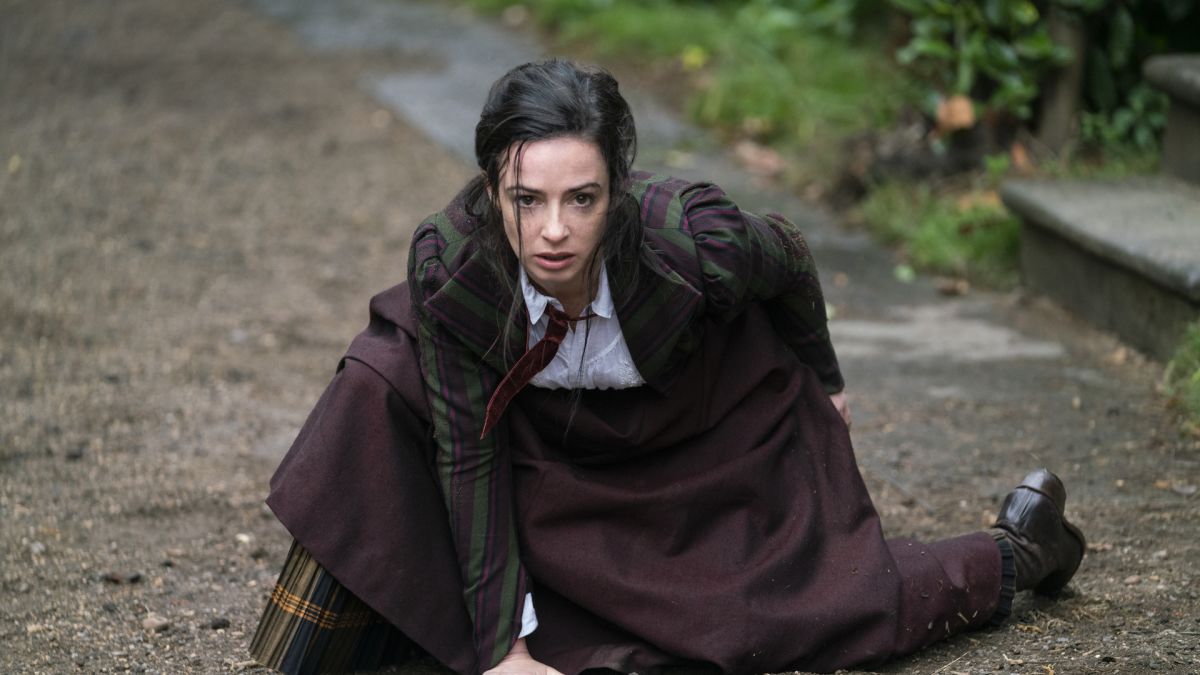
13. The costumes used on the set seemed to be really heavy and uncomfortable. Did they provide any impact on how you expressed yourself while filming?
Laura: Well, it certainly has an effect on how you move along with your posture. Of course, I don’t mind it because with any period costume it helps you get into the mindset of that person. There is a certain glamour and poise that can give. On a practical level, the corset really helps with my fight scenes. Apart from one move in which I need to slightly adapt my corset, the corset allows me to stay very straight and very sharp. It makes me look stronger in my moves when actually you’d think it would do the opposite.
Ann: I get a lot of confidence from the corset because I’m a slouchy, casual person. I feel more enthusiastic as my posture gets straightened up. I love that. I love our costumes. I wish we could wear them today.

14. As we know, James, your character is pansexual. Is there a metaphor for your character’s pansexuality within this female-led narrative?
James: Wow, that’s a really big question. Is there a metaphor? I guess there’s an inherent part of this show about breaking down boundaries, I guess. So in a way, the interesting part of Hugo is that he’s both part of the establishment and he represents the old order. But, he’s also weirdly progressive in that he doesn’t live in the confines of expected boundaries like his sexuality, his drug-taking, and the fact that he actually brings the touch into his club and that he pays them a salary and he respects their interest and their needs and so, in the one hand, he’s incredibly traditional. On the other hand, he’s incredibly inclusive and progressive. So I guess his pansexuality represents his modern and he’s not limited or restricted by society. Of course, in that time and period, most people were incredibly restricted and repressed. So I just don’t really understand your question. It’s not really a metaphor, but I think it’s representative of the conflict which is the establishment and tradition versus the progressive.
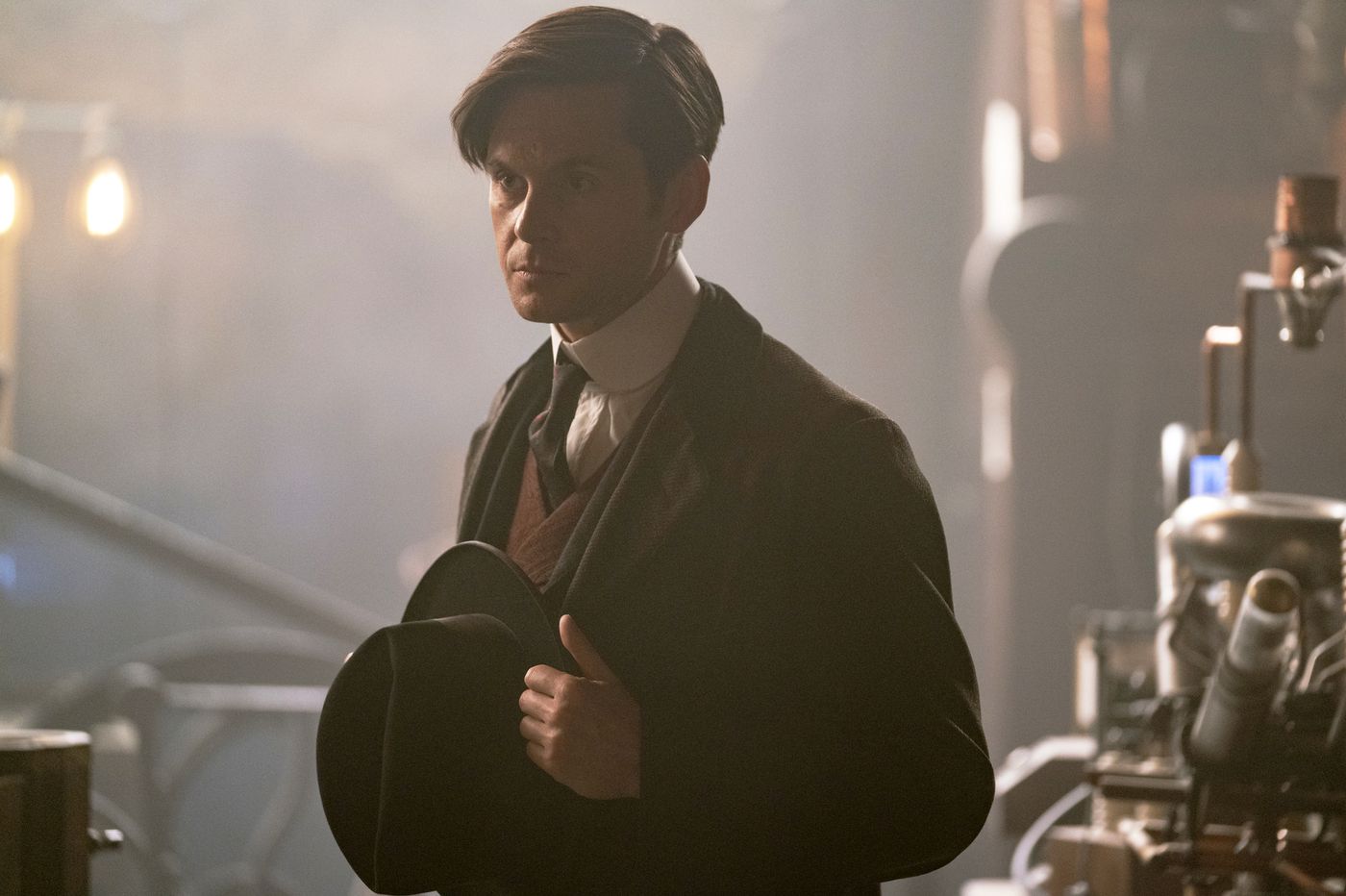
15. The pandemic brought the TV and film industry to a halt around the time “The Nevers” was in production. What were changes that you noticed from the delays? What were your takeaways?
Tom: It completely changed the way everything was shot. It’s not just us, every production took a hit and had to reconfigure. One thing anyone in the television industry will tell you is that people who are incredibly good at pivoting in the face of a disaster, like assistant directors and line producers, and people who get hit with sudden surprising things in the morning and that have to shoot the same thing in the afternoon even though they’ve lost their location or lost an actor.
So, the entire industry rose to the challenge. I think “The Nevers” was very interesting because we shot a lot of it without those restrictions in place and then when we came back, we were doing basically the same thing except everyone is in PPA, we were all distanced from one another, there was a limitation with the number of crowds we’re allowed to shoot with. So, it felt like a very different atmosphere. But I think, fortunately, because we all knew each other so well and because we worked on the show for so long together, it didn’t feel too drastic. There was a shorthand there, even with all the masks, shields, and gloves.
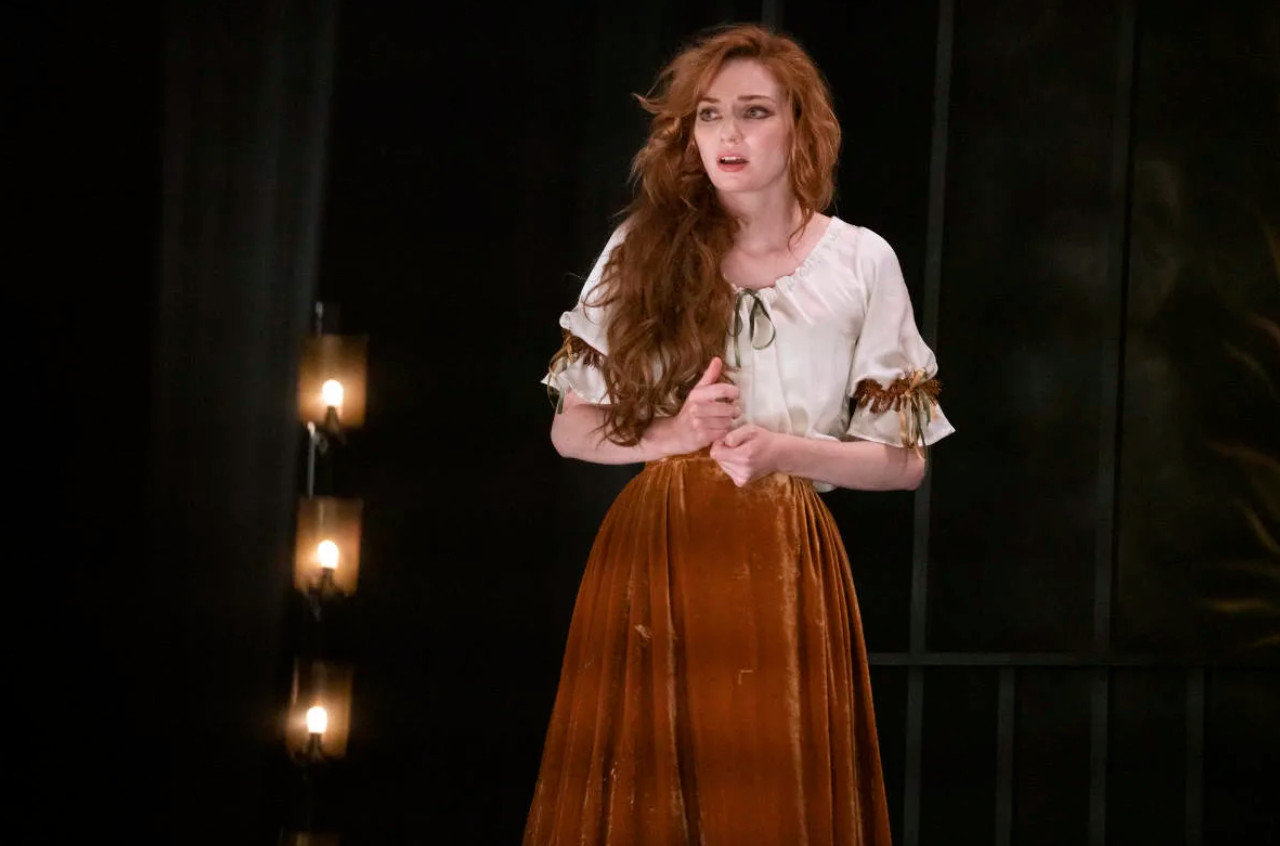
James: It was as Tom said, it was amazing because we haven’t met people, knowing what they look like. You meet people now and you don’t spend days knowing what they actually look like. I think one thing I recognise on the film set, was this kind of crazy happy chaos where everyone kind of co-mingles, it’s really collaborative, you got sound department, the costumes and the make-up. There was this kind of noise and happy energy. Now, of course, that’s gone and everyone sits in their bubbles, and you can’t cross-pollinate between departments. It’s sad because we lost that happy chaos and I really hope we get it back. Because that’s kind of why filming is such a joy; it’s about the people, it’s about the mass of it all.
Tom: It’s interesting to see whether or not that happy chaos that James mentioned does affect the way a show comes to life. When you see it on the screen, is it going to miss that energy. I think it’ll be interesting to see the stuff that comes out that was filmed particularly during Covid, whether some of that magic is lost or whether we all managed to fake it very well.
16. It’s a big production, which can be bustling, and you all have your own elaborate preparations and intricate things to do on set. Nonetheless, what was the most memorable moment from this batch of episodes you filmed?
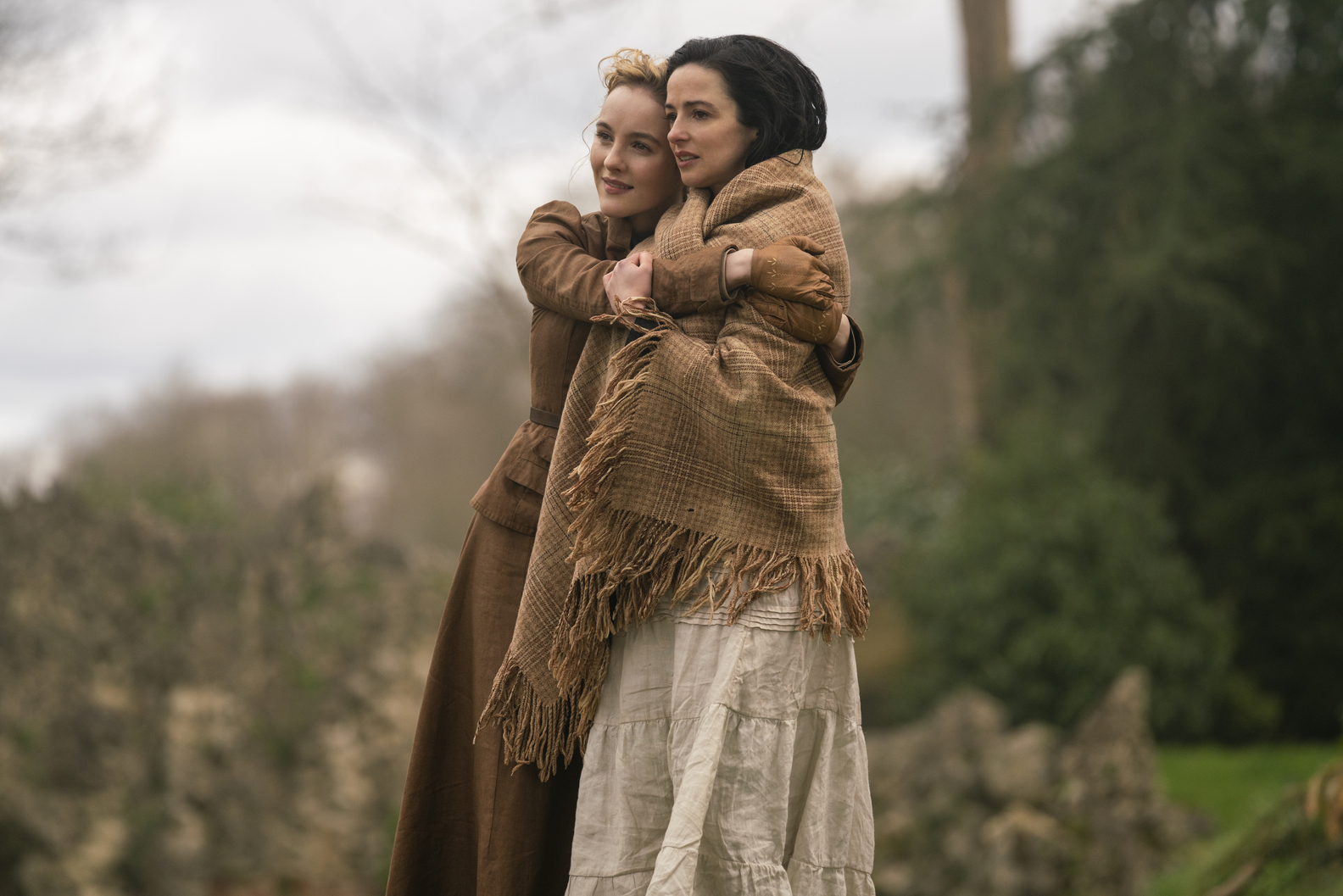
Viola: I think for me, one of the first scenes I’ve shot for the show was the chase sequence through the streets and we got to ride in a little car. I think that’s probably one of my most memorable moments from the set because they got an actual racer to play as Penance’s stunt double. So, we actually were going really quickly like swerving around these corners. That’s when you feel truly immersed in the world, there’s nothing that takes you out of it because we were at the Chatham Dockyard and they’re completely maintained in their original state and the set dressers would also dress up windows and they have big posters and all the extras were in their costumes. I felt completely immersed in the world and also it was like being on a roller coaster.
Vinnie: I think my memorable moment is how people were like, “You never get ahead in shooting schedules, don’t worry.” On one day, we did get ahead and they were like, “Great, we’re shooting your bit in ten minutes.” I was like, “Someone needs to bring me a bit that we’re doing on a piece of paper and I’m gonna learn it in ten minutes.” It was sort of a memorable moment and it was a big learning curve to always be ready because they can come at you on a ten-minute warning and it could be six ‘o clock at night and they’ll say, “You’re doing your bit now, so get ready.”
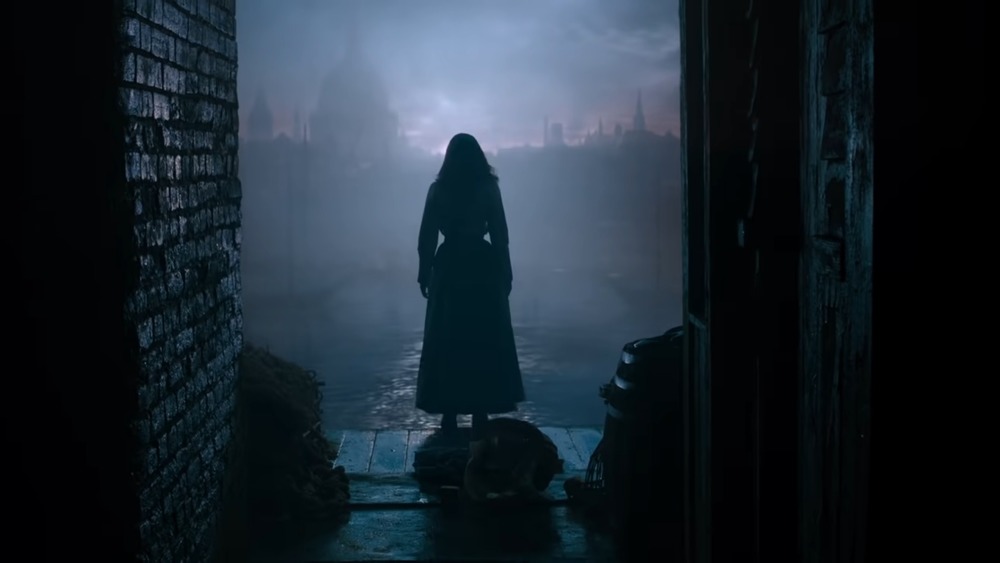
Rochelle: I had a memorable moment, but it’s non-acting related. At the start of the fourth episode, I think it’s the funeral scene. It was bloody freezing, really cold, it was raining and HBO got a waffle truck on set and it was the most amazing thing. It was such a wonderful way of tackling what could’ve been just a really miserable moment. We’re all in tents outside for hours shooting a funeral, so it’s not the happiest sort of emotions that you’re setting in. Then, the waffles arrived. But that moment always sticks out to me. It was such a key thing of what this job has been like for us and for me as well. We’re working very hard and we’re doing huge epic things, but it’s also a very fun, light, and friendly-working environment. So, that was mine.
Kiran: I think it was incredible finishing the project. We had so many hiccups along the way so it was incredible to finally get to the end during Covid and it was wonderful how HBO kitted everyone out and made it such a safe environment for all of us to do our jobs in. For me, the VFX and all the kind of special effects I found so fascinating, it’s not the way I’m used to working that kind of stop-start thing and then they kind of piece all together afterwards which felt very alien to me. So I found that super cool to be involved in and see how many people it takes to make something look this magical. It’s a lot.
“The Nevers” will begin streaming on HBO GO and HBO (Astro Ch 411 HD) on Monday, 12 April at 9 am.
The post Interview: “The Nevers” Cast On Steampunk Sensibilities, Superheroes, Tea, and Tasty Toast appeared first on Hype Malaysia.
0 Comments